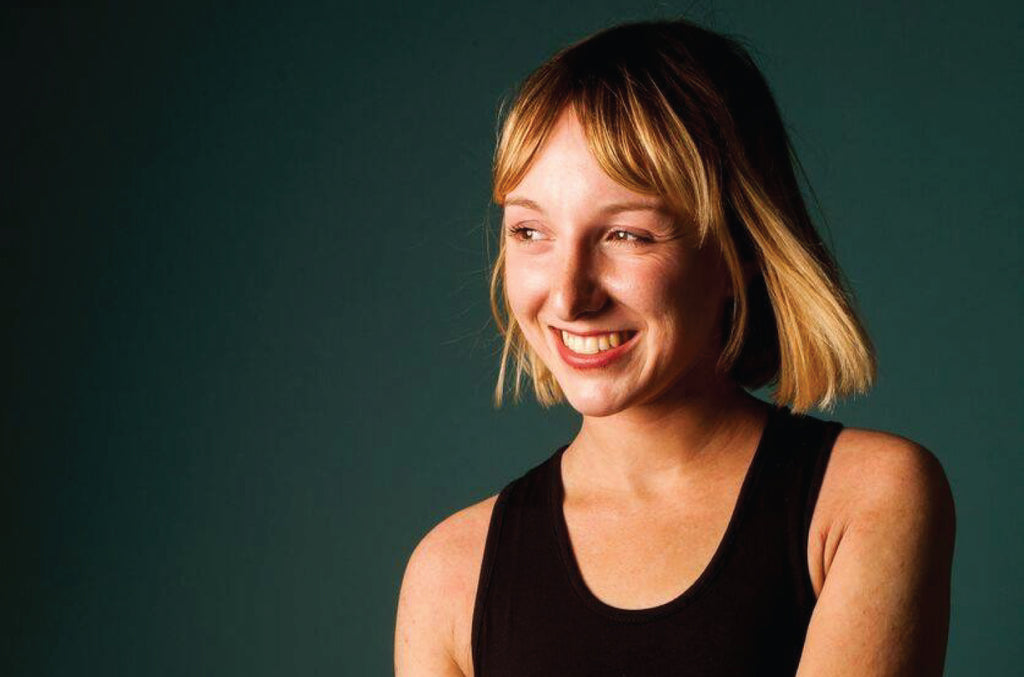
This guest blog comes to you from influencer and writer, Amara Howe, who shares her experience of living with not one, but two debilitating conditions, which effect each other in both helpful and unhelpful ways.
---
Now it might not sound like a lot but in the UK 0.7 % of us live with BDD.
For those that don’t know what BDD stands for, it’s an abbreviation for Body Dysmorphic Disorder, a mental health condition where a person spends a lot of time worrying about their flaws.
Remember that scene in Mean Girls? No? OK, let me remind you.
“My hair line is so weird.” “My pores are huge.” “My nail beds suck."
As humans, we’re more likely to pick out our own personal flaws than we are someone else’s. After all, it’s pretty hard to walk past a mirror without looking into it. Whether it’s a massive spot you can’t stop focusing on or perhaps your slightly yellow tooth - there seems to always be something up.
But the majority of us shrug our shoulders and get on with our day.
Now for those 0.7%, including me, Body Dysmorphic Disorder is an incredibly debilitating disorder. And when you’ve got a chronic condition such as eczema to add to the mix, well boy that just makes things a whole lot worse.
Some common symptoms of BDD include:
- Worrying a lot about a specific area of your body
- Comparing your looks to other people
- Concealing your flaws with choosing of clothes to makeup
This can affect your daily life from work life to social life to relationships.
I first knew I had BDD when I was a teenager. At age 16 I had a nose job. I would cover my nose with my hand whenever I could if someone unfamiliar was sitting beside me, if I was crossing the road, if I was sitting in a passenger seat... my constant obsession with it led me to undergo surgery.
OK, so that sort of worked, but you know what I can’t hide? My eczema.
I’ve suffered with eczema for seven years. My arms, my hands, my neck, my chest, my belly, my legs and my face. While I may have become used to the idea that I might possibly have eczema for the rest of my life, what I can’t seem to shake is the way it affects my BDD.
Cycles are common in eczema. You flare, you itch, you bleed, you scab up, you flake, you flare… you get the picture. It's incredibly frustrating for anyone, but for someone with BDD, it can be incredibly draining on their mental health.
When my eczema is calm I am on top of the world. I’ll look in the mirror and feel absolutely gorgeous. I’ll wear my sexy clothes. I’ll do my make -up all nice. I’ll take selfies. Why? Because my eczema has made me realise how beautiful I actually am. In my head, my reasoning goes that if it weren't for my eczema I would be beautiful.
So what about when I’m flaring? I’ll shower with the light off. I’ll stay in bed if I can. I’ll wear long sleeve t-shirts. I’ll be miserable. I will feel unattractive.
And this is a constant cycle for me. Up and down, up and down. I go from feeling beautiful one week, to feeling ugly the next. I'll look in the mirror and see a completely different person. I'll only be able to focus on how awful my eczema is. I won’t be able to focus on work, my social life or my relationship. I’ll just wait until the flare stops and I can feel beautiful again.
Don’t get me wrong, I can live with eczema, I’ve been doing it for seven years now. What I can’t live with is this constant change of perception.
I know that my friends, my family, and my partner see me and not my eczema. My boyfriend tells me “I don’t even notice your eczema, I just see Amara”.
But when I look in the mirror I just see eczema.
So what am I doing about it? After years of dealing with insecurities I’ve decided to start Cognitive Behavioural Therapy, also known as CBT. This form of therapy helps you to change the way you think and behave and helps you learn your triggers and habits.
While I’m not so sure if I can stop scratching I hope to stop looking in the mirror and seeing just my eczema, I want to see me.
Stay tuned.
 Amara is a writer and influencer who charts her life with eczema at @amarahowe
Amara is a writer and influencer who charts her life with eczema at @amarahowe
